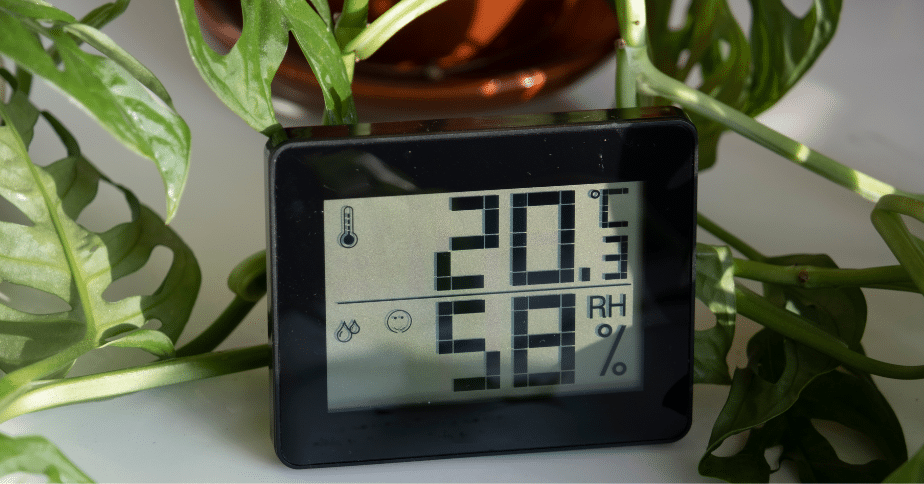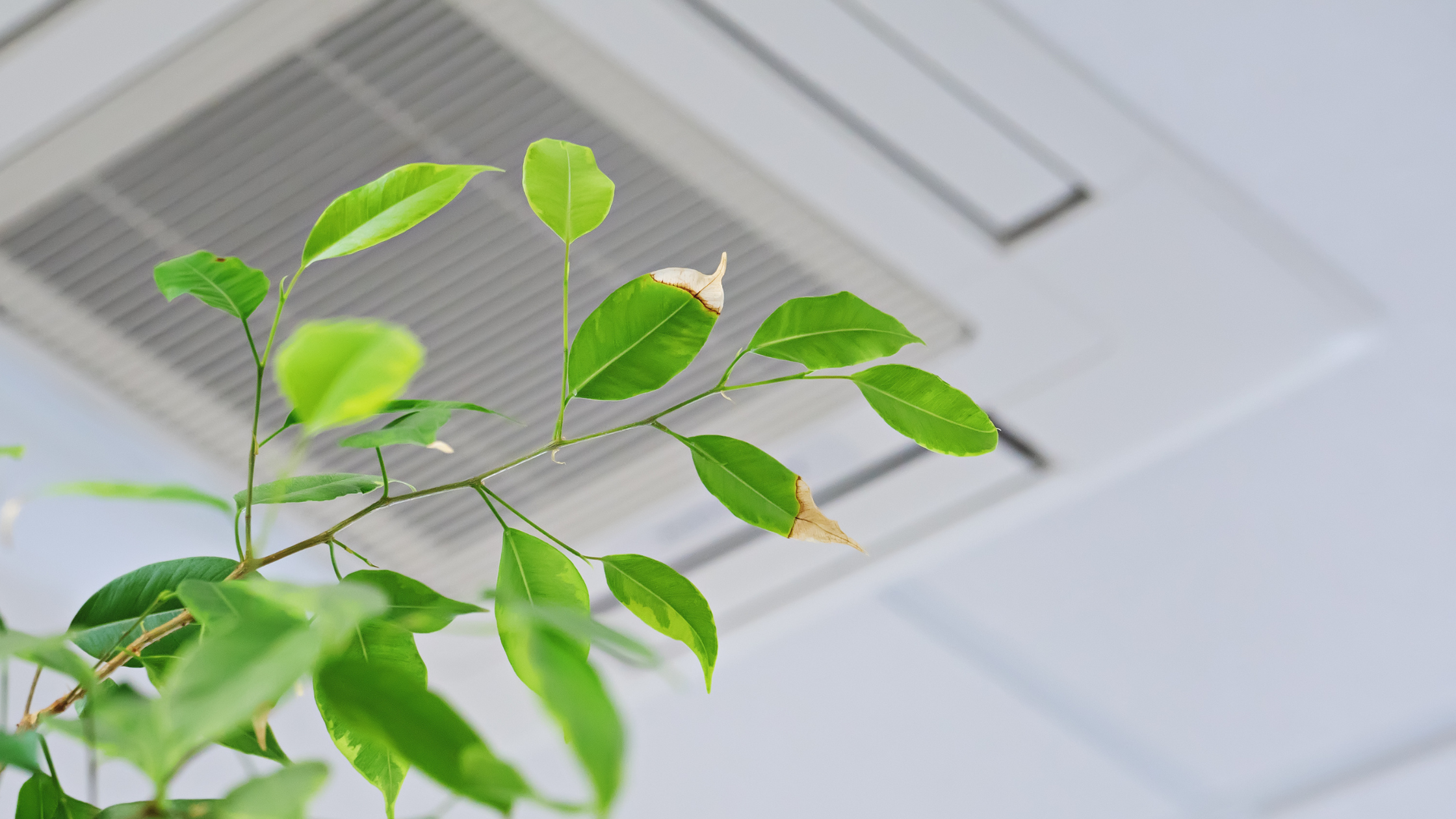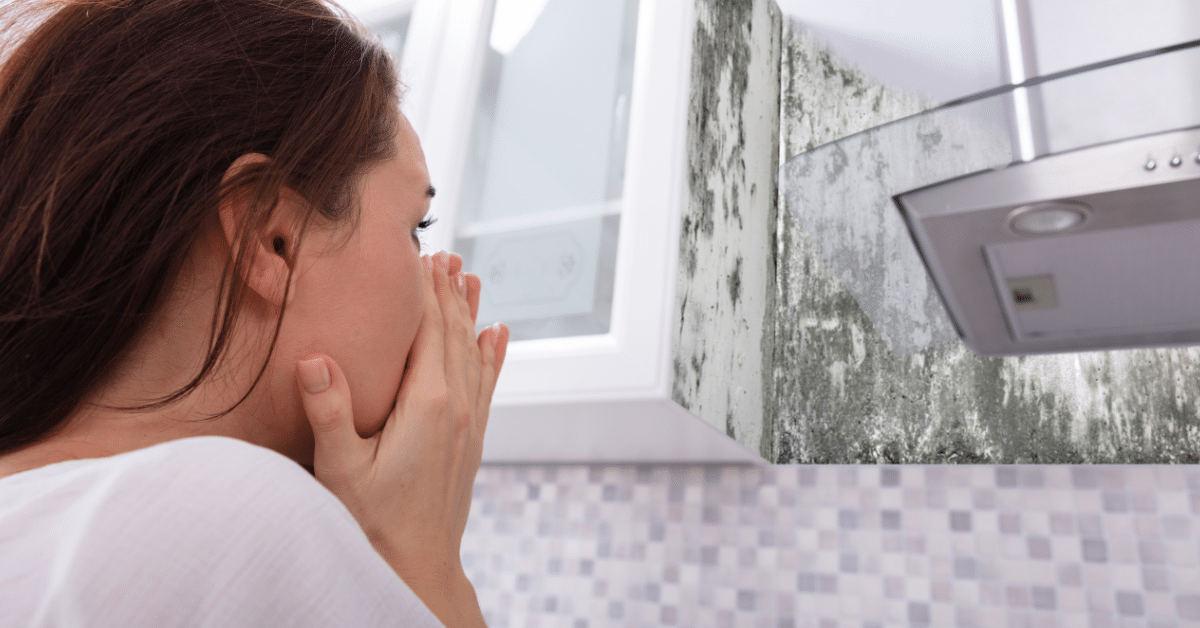How To Recognize a Mold Allergy or Sensitivity

Everyone reacts to mold differently. Sometimes individuals will show no symptoms, and other times they will have severe symptoms with even the slightest presence of mold. So, how do you know if you have a mold sensitivity or allergy? We’re here with some information to help you figure out if you’re at risk, what to pay attention to, and when it’s a serious issue.
Causes & Signs
It’s important to be aware of the signs of a mold issue, particularly this time of year when hurricane season rolls around. Each storm brings the potential for water damage to arise from flooding or damage to the house that allows moisture and humidity to enter. Any time excess moisture is present in the house, mold can thrive. You never know what’s going to happen in a hurricane until it occurs, so being vigilant is an important measure.
Common Symptoms
The common symptoms associated with mold sensitivity and mold allergies are easy to confuse with those of a cold or seasonal allergy. These symptoms include general respiratory irritation, asthma like symptoms, coughing, itchy and watery eyes, or a scratchy throat. You could also experience skin rashes and headaches if you have a mold allergy.
There are factors that put certain individuals at risk of a more serious reaction to mold. For example, somebody with existing health conditions such as asthma already has compromised respiratory function. Individuals with weakened immune systems due to health issues or age can experience heightened sensitivity to mold. If you live in a house or work in a building that has previous water damage or isn’t properly insulated against the elements, you’re also at higher risk. Where you live is also a risk factor when you consider weather conditions that enhance the possibility of water damage like severe weather and elevated humidity levels.
Seek Professional Help
It’s good to know why and when to call a doctor after being exposed to mold. A good rule of thumb is to reach out to your doctor as soon as you’re experiencing any changes in your health. They will be able to determine if it is affecting your health and how to aid the situation. However, there are steps that can be taken in the home to help prevent this issue so that it doesn’t get to this point! Keep symptoms at bay by controlling the humidity levels in your home and ensuring that it is structurally sound against any damage from storms.
If you’re unsure of a mold issue in the home, the only way to be completely sure that this is causing your symptoms is to introduce a professional to the situation. Put your trust in a professional who has years of experience identifying mold in any nook or cranny where it might be lurking. Remember, you can’t put a price on your health and comfort!



